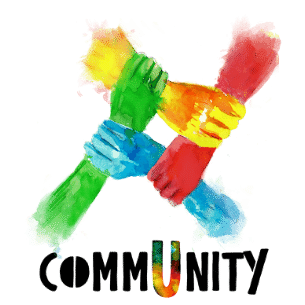Storytelling
As the benefits of reading and storytelling on well-being and emotional literacy are increasingly recognised, these practices have been progressively used in shared reading and storytelling groups among young people. Reading literature and telling stories seem to have multiple psychological benefits and therapeutic powers. Indeed, fiction can enhance capacities for understanding others, relationships, group interaction, and dealing with the problems of selfhood, while storytelling allows for language growth, identification and modelling, cognitive shift, problem-solving, learning about emotions, normalisation, and sharing (Gold, 2001). We can create mental models through reading and storytelling to expand our ability to empathise. Furthermore, according to Kierkegaard, art, in this case, writing and speaking, is an indirect mode of communication (Killick & Bowkett, 2014).
Throughout the staff training sessions, specifically in the ‘Writing Vignette’ workshop, the international training for youth workers and various project activities, such as Book CommUnity, it has become clear that participants are great storytellers and as community-builders, experts, practitioners, and youth trainers, they can rely on storytelling as a way for young participants to open up, share their stories, share pieces of their identities through storytelling, and consequently, become more empowered, resilient, and feeling a greater sense of belonging and mutual understanding through storytelling. Therefore, from a very early stage in the project, the team decided to apply and treat the concept of storytelling as a red thread throughout the CommUnity Project.
Interested in seeing the potential of storytelling in a story? Check out the knowledge clip 👉 https://www.thecommunityproject.eu/the-knowledge-clips/
